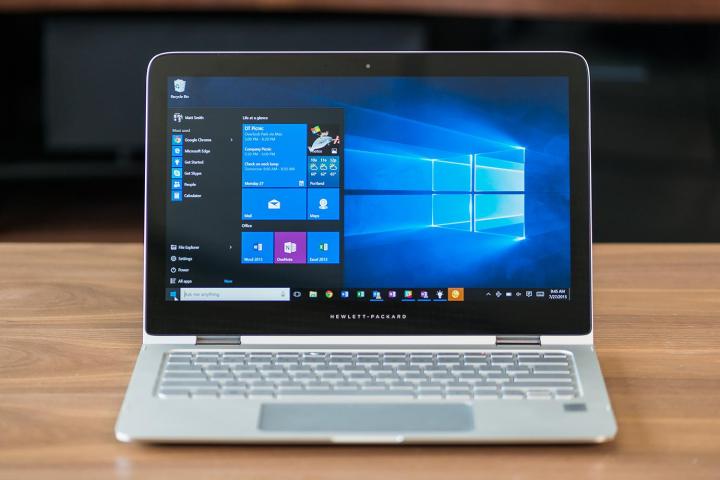
This adoption rate has outpaced Windows 7 by almost 140 percent and Windows 8 by 400 percent, wrote Yusuf Mehdi, corporate vice president of Windows and devices. Black Friday also helped significantly in boosting the user numbers for Windows 10. Demand has been high for the enterprise and education versions too, added Mehdi.
The high number of active Windows 10 devices is something Microsoft will be pleased with but the new OS still remains under 10 percent when it comes to desktop market share. However it’s still early days and upgrading continues to be free for users.
“One of the ways we measure our progress with Windows 10 is looking at how people are using Windows,” said Mehdi. “Recently we reached another milestone — people have spent over 11 billion hours on Windows 10 in December alone, spending more time on Windows than ever before.”
Microsoft has also provided a breakdown of some of the user stats for Windows 10. It claims that more than 44.5 billion minutes have been spent in Microsoft Edge, the web browser that replaced the beleaguered Internet Explorer; more than 2.5 billion questions have been asked of Cortana since the OS’s launch; and finally, Bing search queries have seen a 30-percent increase.
Gaming has been popular in the new OS too, and the Windows Store has also seen an increase in activity, said Mehdi. Microsoft has stated in the past that its goal is to reach one billion devices over the next two to three years.
Today’s announcement provided some other details from Microsoft. It said that the Xbox has had a bumper festive season but did not share any specific figures, and Microsoft’s Surface Book will soon launch in the U.S. and Canada as well as China. From tomorrow it will be available in the U.K., France, Germany, Australia, New Zealand, Austria, Switzerland, with India and Japan release dates to follow.

